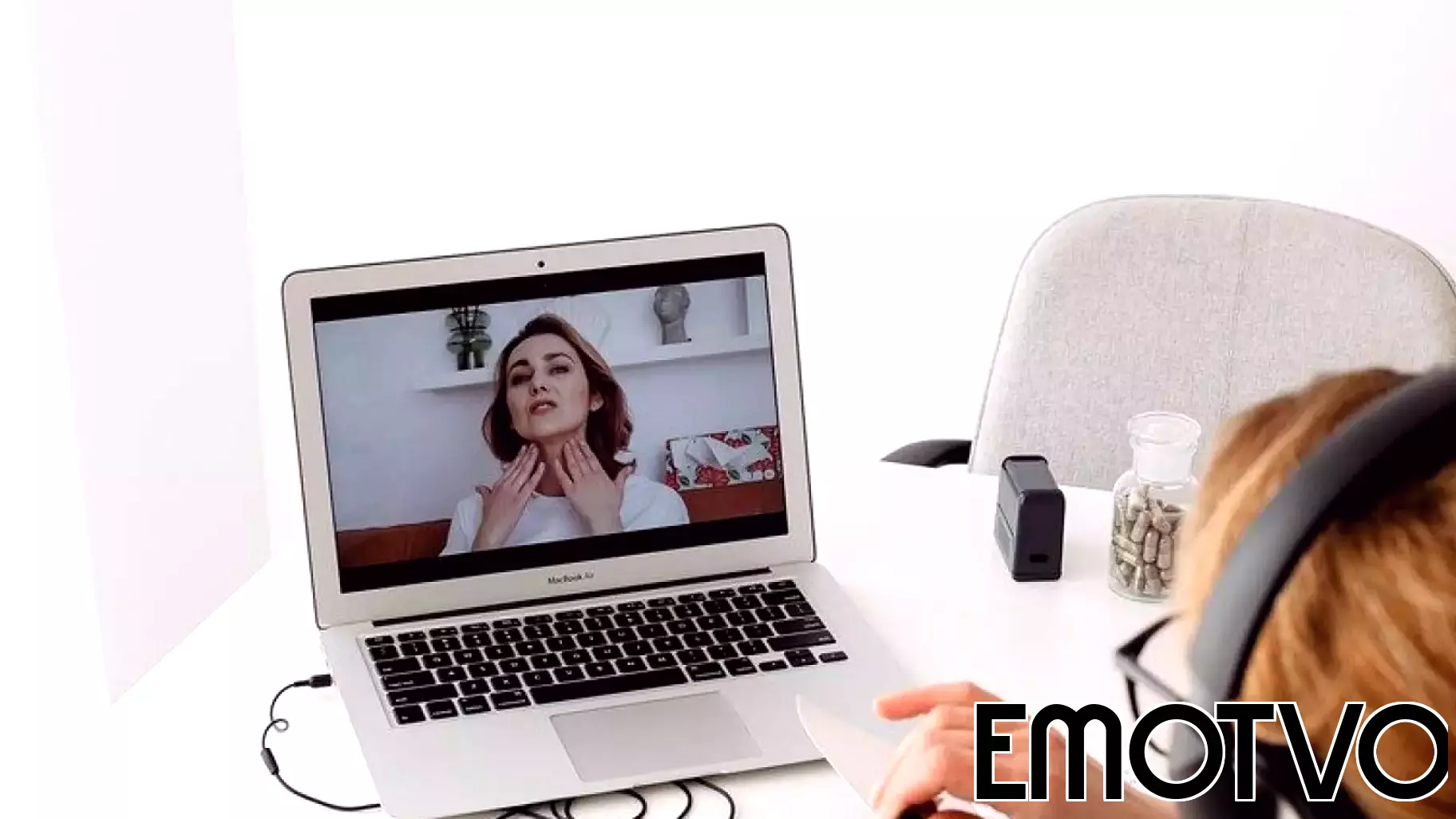The Rise of Telehealth: Are We Paying a Price?
December 9, 2024 - 19:44

The shift to virtual health visits, accelerated by the COVID-19 pandemic, has become a lasting trend in mental health care. While telehealth has made mental health services more accessible, experts are raising concerns about the potential downsides of this rapid transition. Many patients have embraced the convenience of online consultations, but the quality of care is now under scrutiny.
One significant issue is the lack of personal connection that in-person visits typically provide. Mental health professionals argue that the nuances of face-to-face interactions are often lost in a virtual setting, which can hinder effective diagnosis and treatment. Additionally, the over-reliance on technology may lead to an increase in misdiagnoses or inadequate treatment plans.
Furthermore, as telehealth services become more prevalent, there are worries about the regulatory landscape. The rapid expansion has outpaced the establishment of comprehensive guidelines, raising questions about patient privacy and the standardization of care. As the mental health field continues to adapt, finding a balance between accessibility and quality will be crucial for ensuring the well-being of patients.
MORE NEWS

July 2, 2025 - 19:53
Enhancing Resilience in Complex Systems for Large-Scale ChangeIn today`s rapidly evolving landscape, organizations face the challenge of navigating large-scale change effectively. To build resilience, these complex systems are adopting innovative strategies...

July 2, 2025 - 11:50
Exercise and Weight Loss: The Surprising Truth About BMIRecent studies have brought to light an unexpected finding regarding the relationship between exercise and body mass index (BMI). Many individuals who engage in regular physical activity often...

July 1, 2025 - 19:13
The Dangers of Extreme PatriotismMany things that are beneficial in moderation can turn harmful when taken to extremes, and patriotism is no exception. While a sense of national pride can foster unity and community spirit,...

July 1, 2025 - 03:24
The Strategic Advantage of Bathroom Breaks in Professional TennisRecent data analysis conducted by a psychologist from the University of Manchester has shed light on a controversial tactic in professional tennis: the use of bathroom breaks. The findings confirm...